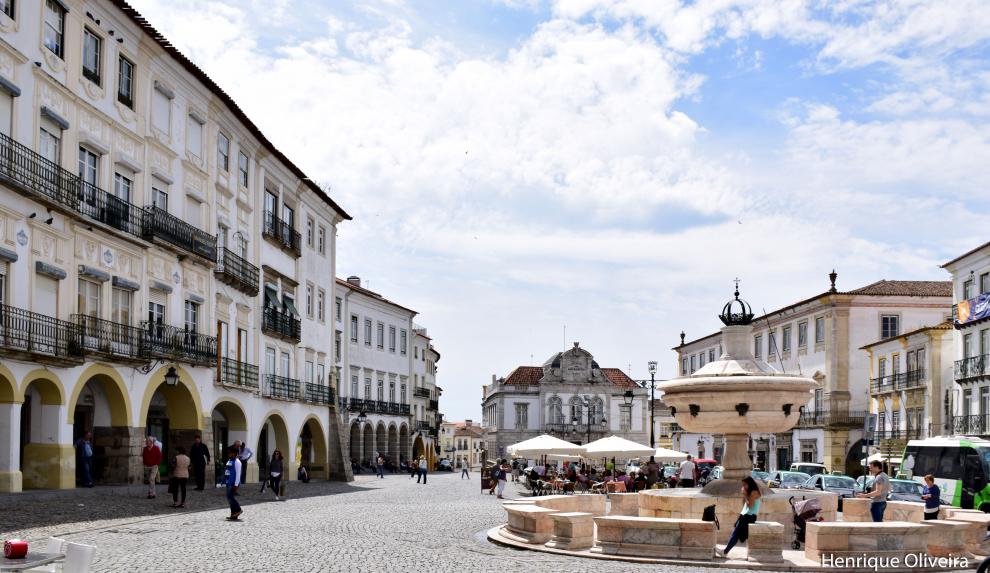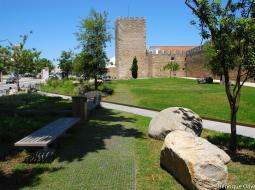Thessaloniki gets ready for its metro launch in November
The underground rapid transit lines have been under construction for almost two decades due to various project delays
 TheMayor.EU logo
TheMayor.EU logo 
Vestiges of human occupation in the region of Évora can be found dating back to Prehistory, evidenced by rock paintings and important megalithic monuments.
During the Roman occupation, and benefiting from its strategic location, the Liberalitas Júlia - named after Julius Caesar - gains the prestige of the municipality and achieves a remarkable development. Since then it was successively occupied by the Visigoths, Arabs and finally conquered by the Christians of Giraldo Sem Pavor, in 1165. From then on, a new phase of growth of the city was registered until the XVI Century, when it reached its maximum splendour, following the establishment of the Court and the historical process of the Discoveries.
Already in the XIX Century and principles of the XX Century, an effort was made to provide the city with the necessary infrastructure to improve living conditions. However, the coming into force of the Salazar dictatorship since the 1920s translated into a significant slowdown of development and the city entered a phase of decline and erasure that lasted until the 1970s, when the revolution of April 25 reversed this process.
Thanks to autarchic democratic management and the participation of all sectors of social and economic life, today Évora is a lively and dynamic city, which has seen its Historic Center recognized worldwide by UNESCO, and which projects itself in the future as a city of culture and development.
The Municipality of Évora is located in the central region of the Alentejo Province. It has about 50,000 inhabitants and an area of 1,309 km2, which corresponds to 5% of the total of the Region. The urban area occupies 1,643 hectares.
Évora is the largest city in the Alentejo region, and the most important in the sector of the economy, which is mainly based on the services sector, with the great weight of the University of Évora and the decentralized services of the Central Government.
The industry is also very present in the economy of the city, mainly in the sector of electronic and electromechanical components and construction. Recently one of the new aeronautical clusters was installed in Évora. Several other aviation companies have already installed or will install manufacturing units in the Évora Aeronautical Industry Park, which has seen a strong increase in the economic development of the city and the region.

The city of Évora has an important historic centre, delimited by its medieval walls. This well-preserved heritage, rich in history and monuments, alongside its strong cultural identity, led to the classification of Évora as a World Heritage City by UNESCO in 1986.
Évora hides the fascinating character of the ancient cities, both in the fabric of old medieval alleyways, in the exuberance of palaces, monasteries and churches or in places to socialize and taste the exquisite flavours of traditional cuisine and enjoyment of the intensive cultural offer.
In addition, the region around Évora has much more to offer to the visitor. A must-visit is the unique archaeological landscape, one of the oldest and monumental in Europe, perfectly integrated into the surrounding countryside.
All visitors will find in Évora an exceptional cultural heritage, coexisting in harmony with the best quality of life standards in Portugal.